Biomedical Engineering
-
Texas Engineer Awarded Northwestern’s Kabiller Prize
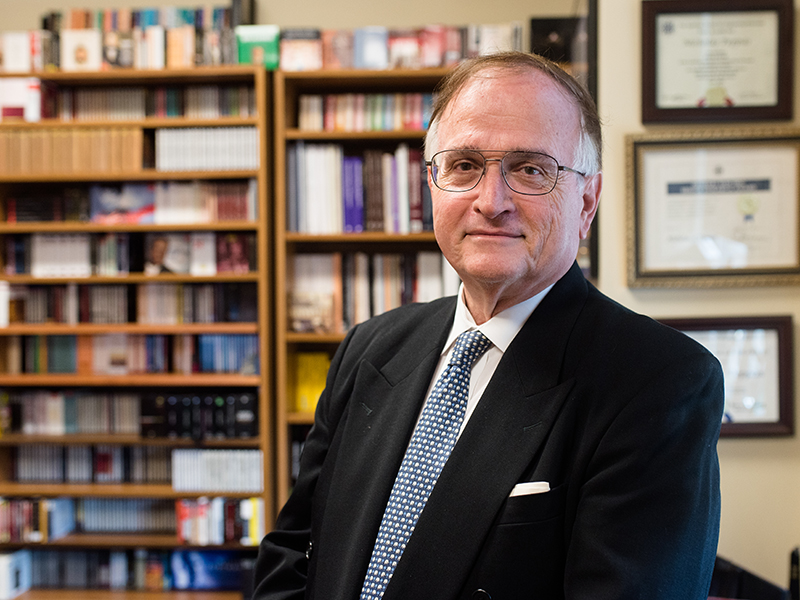
Drug delivery luminary and Texas Engineer Nicholas Peppas has won the Kabiller Prize in Nanoscience and Nanomedicine from Northwestern University’s International Institute for Nanotechnology (IIN).
-
Gabriela Nomura Is Outstanding
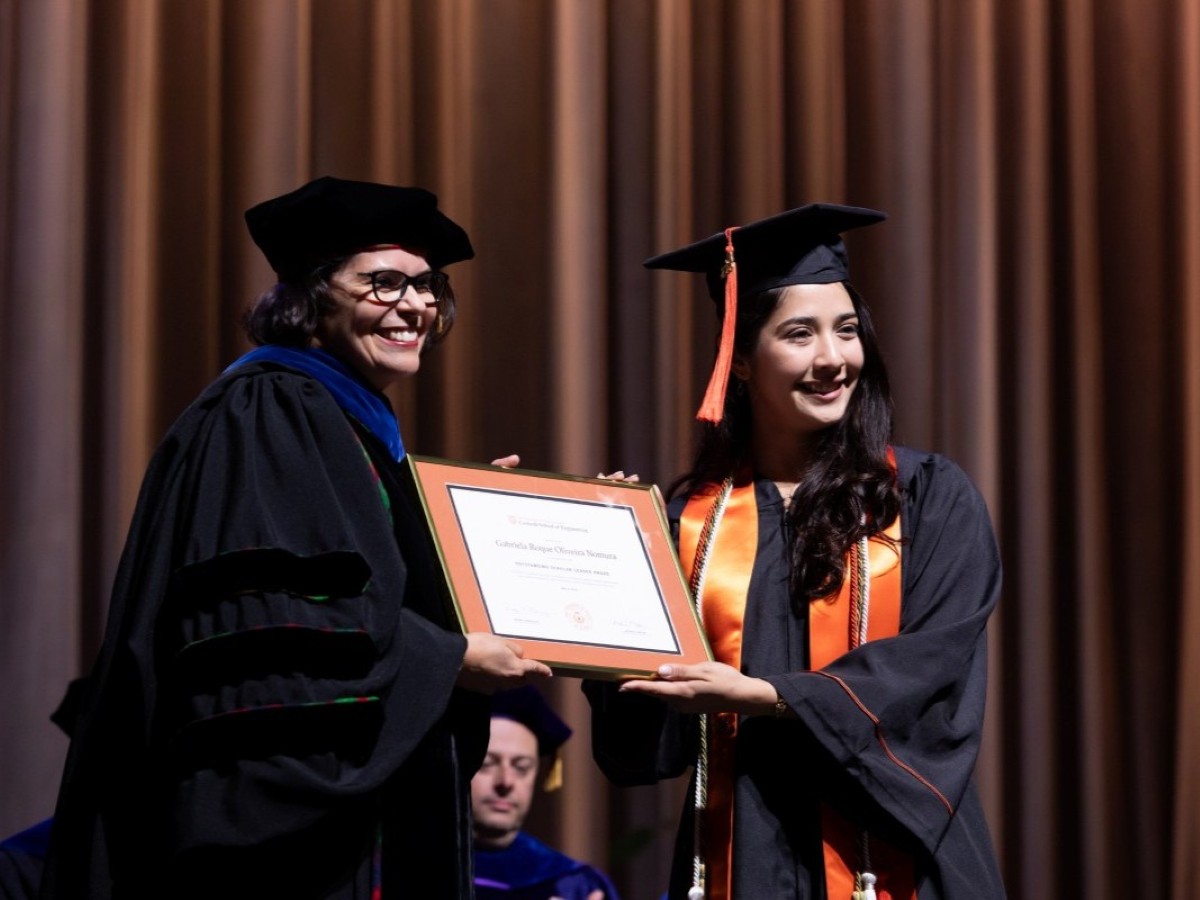
Gabriela Nomura, this year's Cockrell Outstanding Scholar-Leader, is on her way to becoming a physician/engineer, with a goal of designing medical devices while also working with patients.
-
Engineering with Heart

Rausch and his students have partnered with the Science Mill for the past three years to provide workshops for kids in the Hill Country. This year’s workshop earlier this month focused on the most vital and complex organ: the heart.
-
Pharmacoengineering Program Enables Advanced Drug Development and Delivery
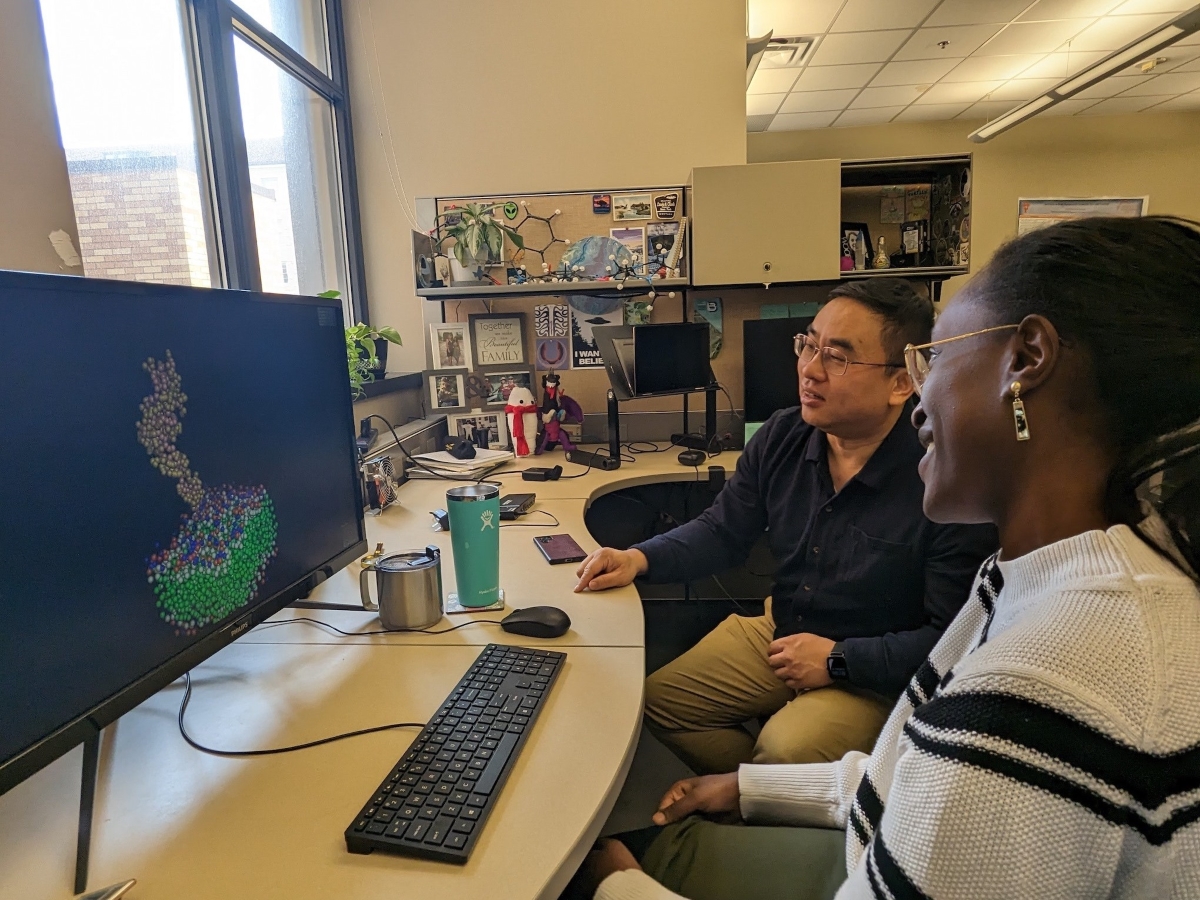
Graduate students at The University of Texas at Austin have a new opportunity to revolutionize how medicines are developed and delivered.
-
Ultrasound-based Drug Delivery Method Could Lead to Safer, Targeted Treatments
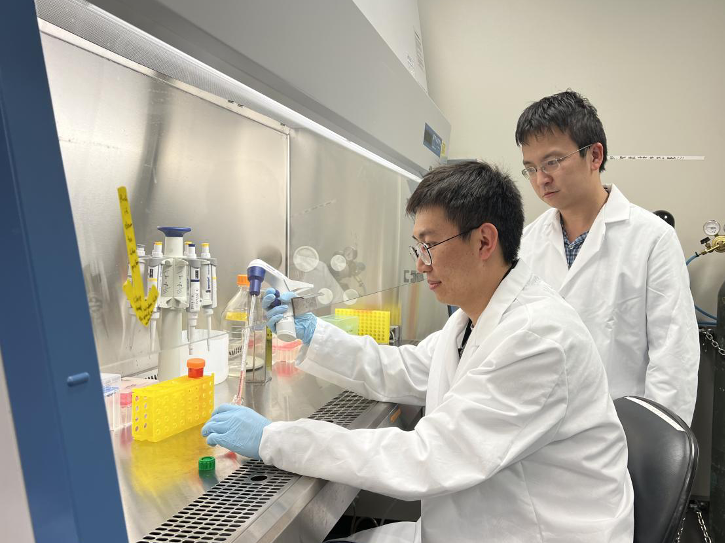
A new ultrasound technology developed by researchers from The University of Texas at Austin can activate drugs delivered to targeted cells or parts of the body, a leap forward in the ability to control interactions between molecules for enhanced treatments.
-
The Evolving Landscape of Non-Invasive EEG Brain-Computer Interfaces
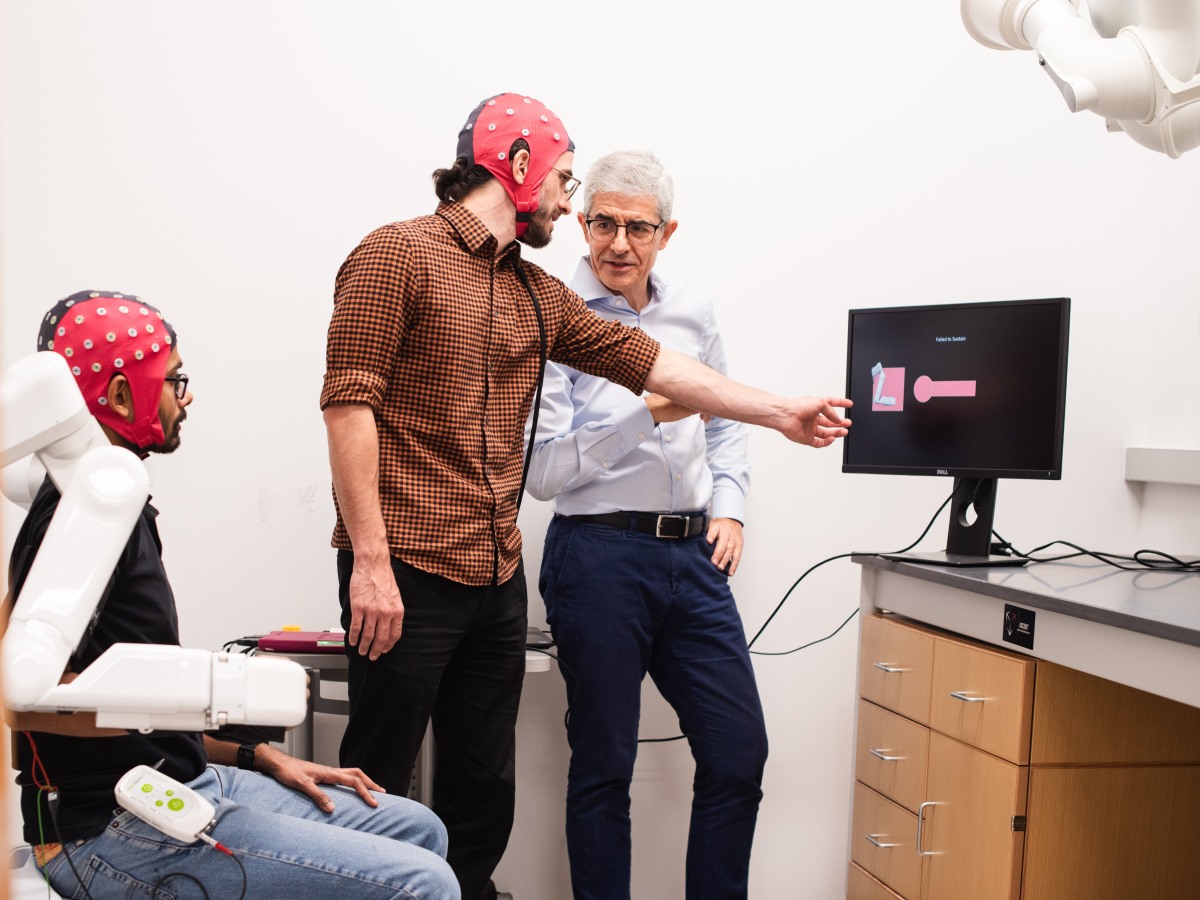
Exploring the state of the art in non-invasive brain-computer interfaces, focusing on use cases in clinical rehabilitation and the advancements in related supporting technologies.
-
Next-Level Breast Reconstruction After Cancer

Texas Engineers are part of a multi-institutional research team designing custom molds for breast cancer patients who undergo reconstructive surgery.
-
How COVID-19 Helped Put UT Therapeutics on the World Map

Researchers at UT Austin became the first to decode and map the structure of the spike protein of the novel coronavirus, the part that allows SARS-CoV-2 to enter human cells.
-
New D.E.A.L.
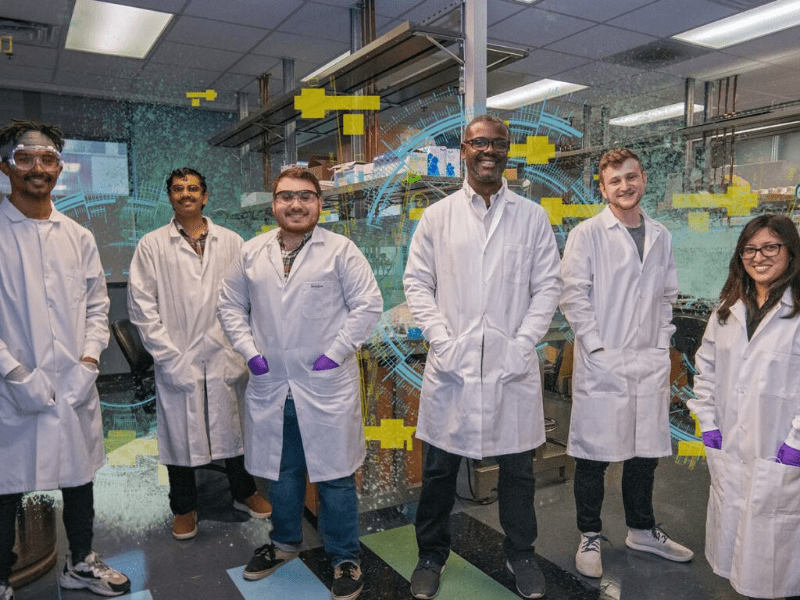
If we can change how people perceive engineering, we can create a snowball effect.
-
Surgineering
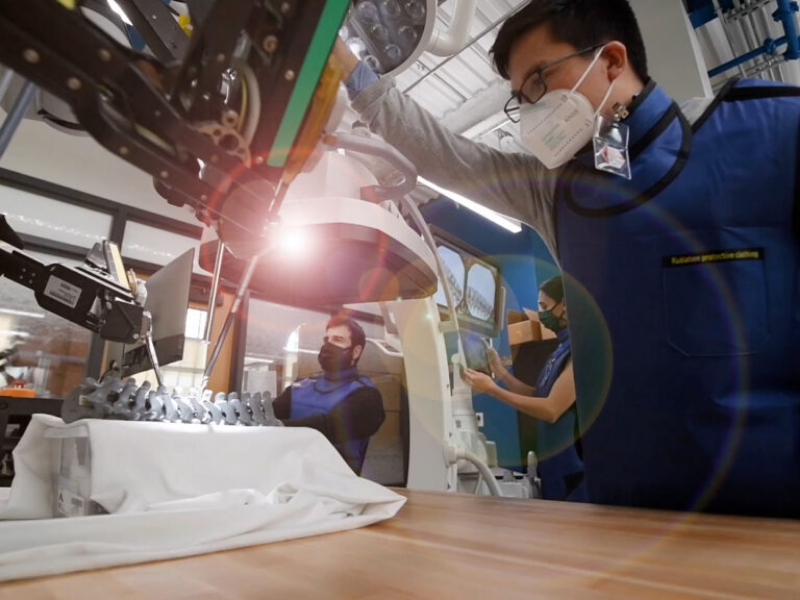
Engineers and surgeons at UT come together to improve the patient experience
-
'Creativity is Everywhere'
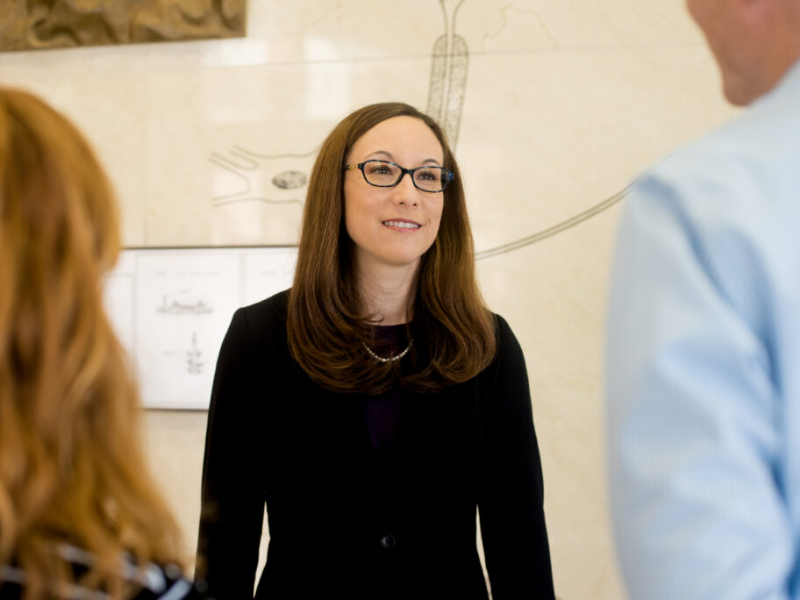
We sat down with new biomedical engineering chair Shelly Sakiyama-Elbert to learn about her impressions of campus, vision for the future and the deep commitment Texas Engineers have to advancing health care.
-
Engineering and the Brain
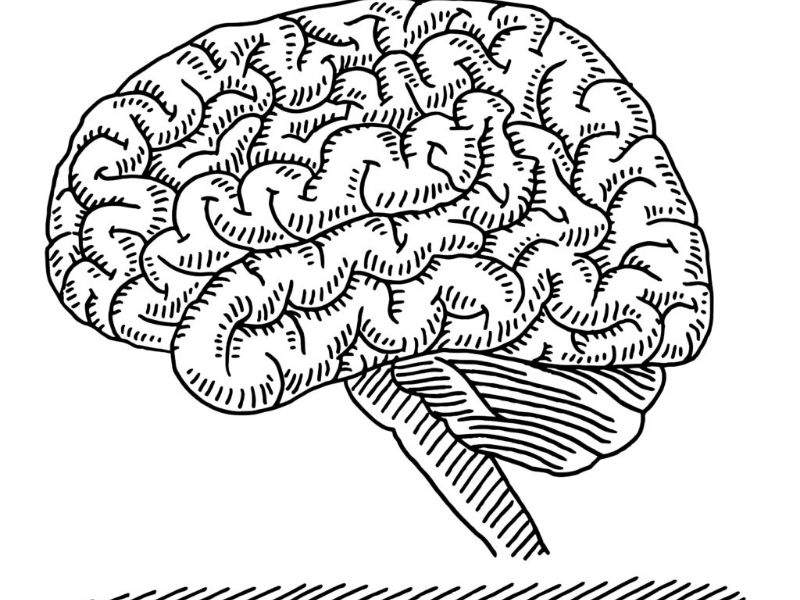
Teams of faculty and students are focusing on the brain — drawing on their problem-solving skills and creating new technologies to tackle, among others, four of the most common life-threatening brain conditions.
-
Extreme Measures: 5 Questions with Lydia Contreras
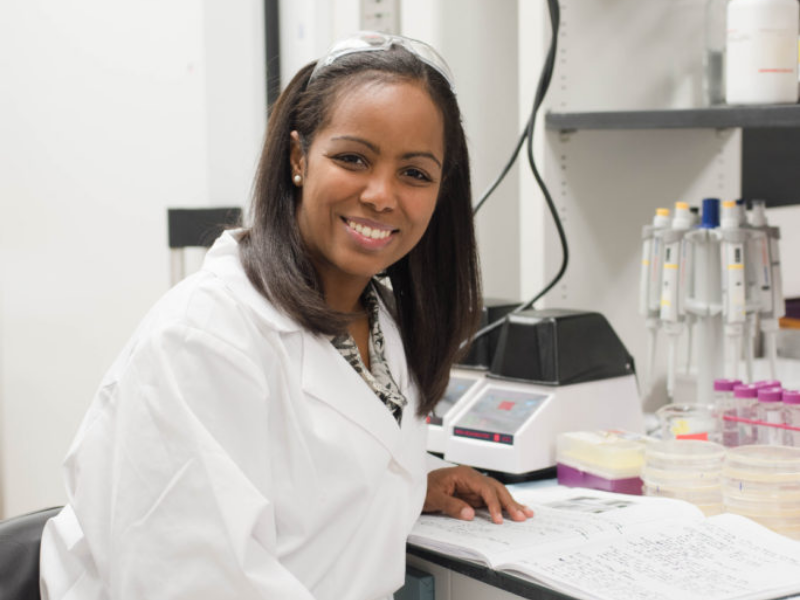
Lydia Contreras discusses how her work on cellular engineering could affect human health.
-
Starting From Scratch

Dr. Clay Johnston, dean of the Dell Medical School, gives his perspective on health challenges facing society and the role engineers play in improving health care.
-
Delivering a Better Life

Driven by both personal and professional motivation, Texas Engineers are advancing drug delivery.
-
Custom Fit
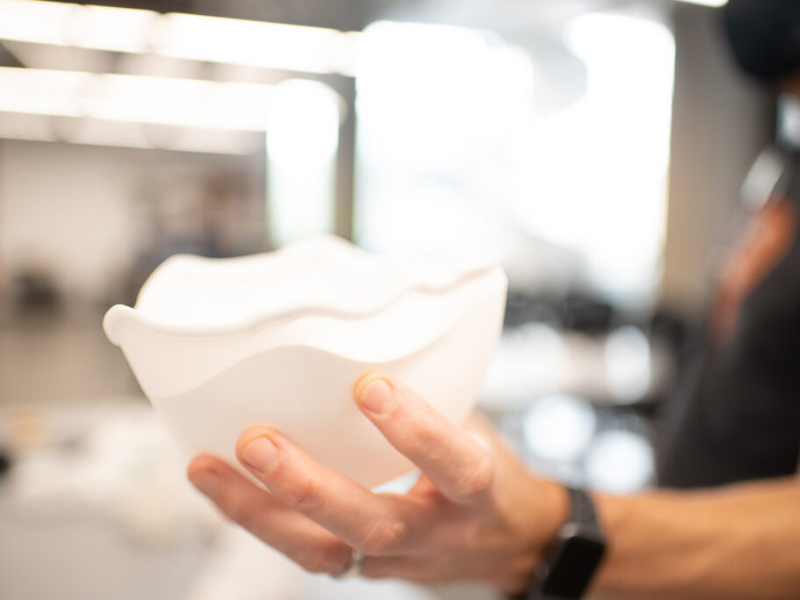
Inside the Cockrell School’s Texas Inventionworks studio, engineers immediately galvanized into action to create customized 3D-printed masks during COVID-19.
-
'Like a Wartime Effort'

Texas Engineers mobilize to battle COVID-19
-
Understanding Membrane Curvature
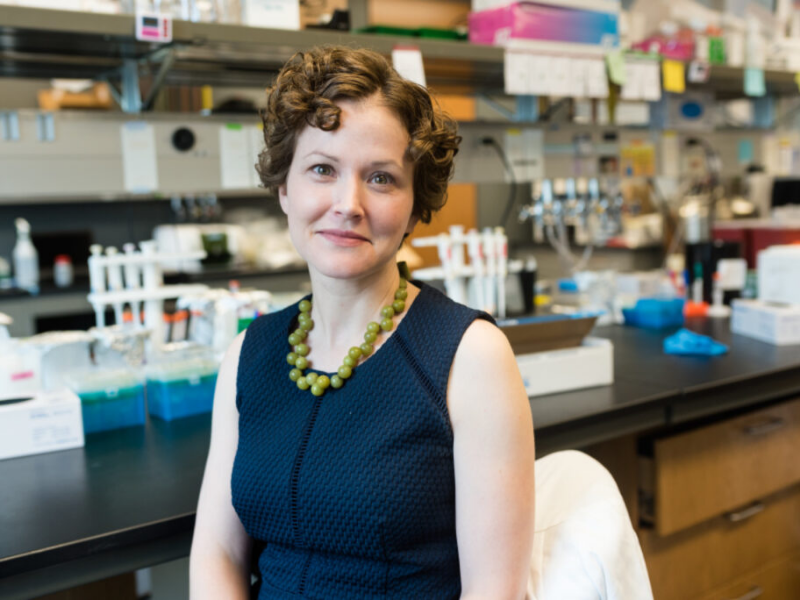
Biomedical engineering associate professor Jeanne Stachowiak received the 2023 Michael and Kate Bárány Award for her paradigm-shifting discovery in the field of membrane biophysics.
-
Robot SZN
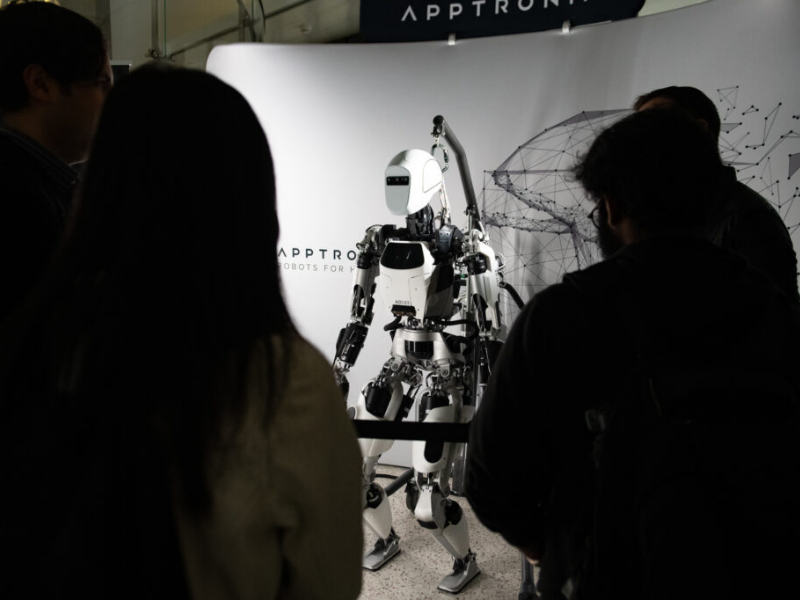
This fall, UT hosted several robotics events, with experts from around the world converging on the Forty Acres to discuss the future of the field.
-
Novel MRI Approach Aims to Spot Kidney Disease in All Populations
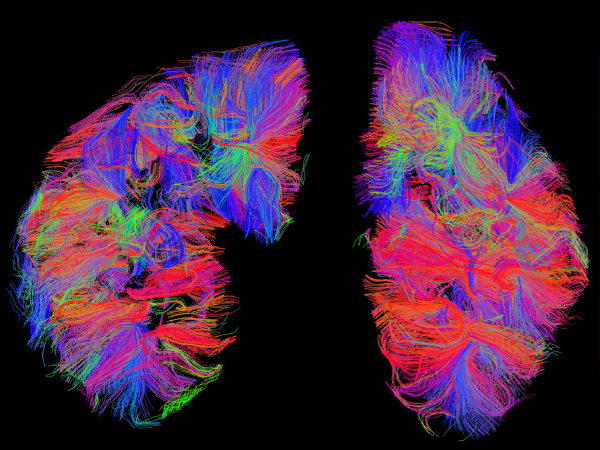
A new grant from the National Institutes of Health will support a pair of Texas Engineers in their development of novel MRI scans for detecting kidney disease.







